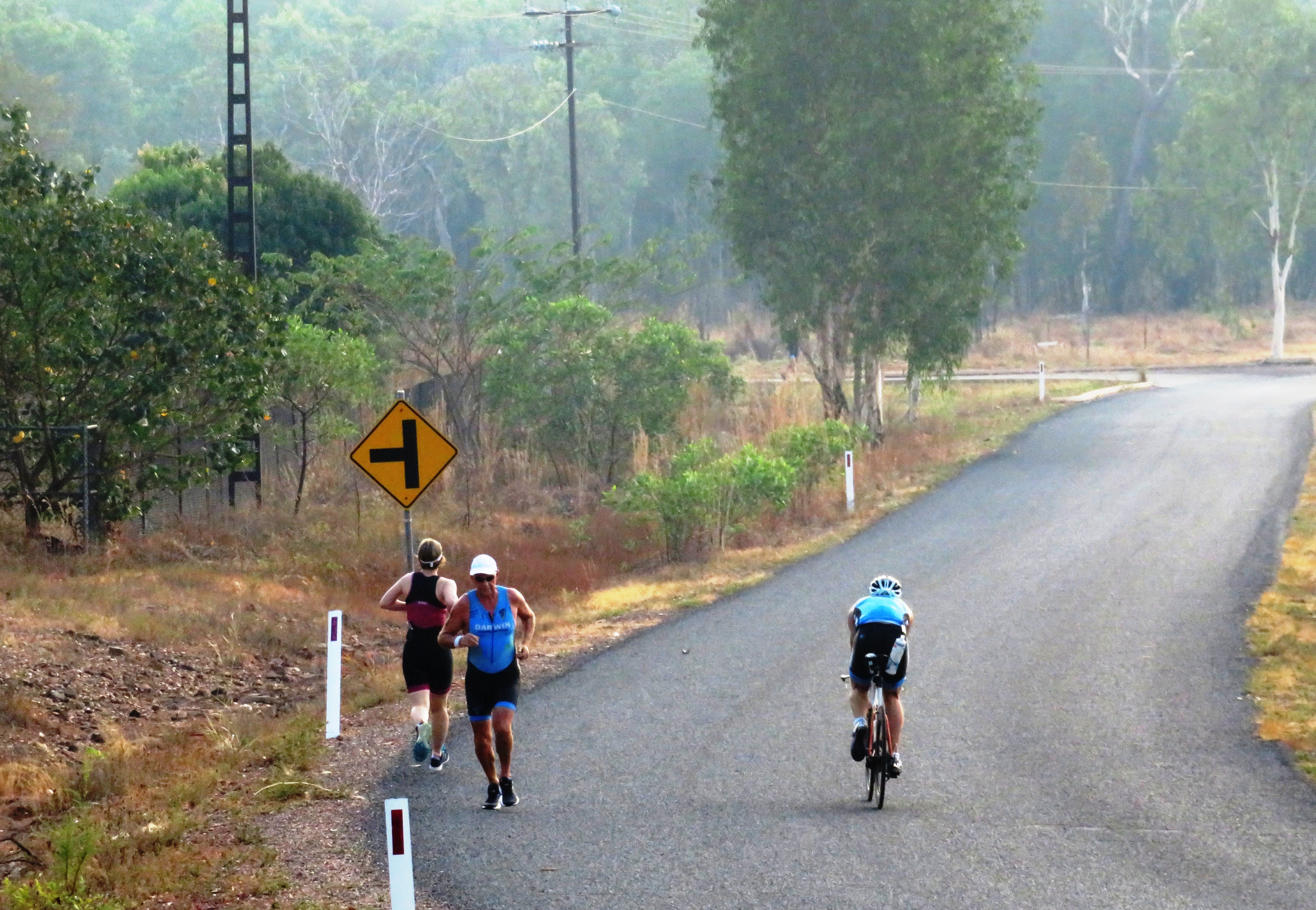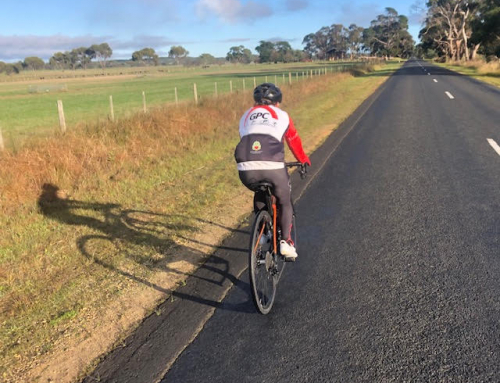Immediate Changes to Your Body When You Begin Exercising
Imagine this, you lace up your running shoes, grab your trusty pooch and starting jogging along the walking path. What’s the first thing you notice about your body? At this point, it’s not usually how heavy your legs are but likely how hard you’re breathing or your heart thumping in your chest. These changes to your body are what we call ‘acute responses to exercise’.
Acute Responses to Exercise
Acute means immediate, things that are happening at the start of and during exercise. ‘Chronic adaptations’ are the changes that happen after 6-12 weeks of continued exercising, also known as the health benefits of exercise.
Acute responses to exercise are changes to your body to meet the increased energy requirements as we transition from rest to exercise. Our body systems work harder to deliver the required oxygen and fuels to the working muscles as they increase their power output.
Changes you will see/feel:
- Increase in breathing rate (amount of breaths per minute)
- Increase in tidal volume (volume of air breathed in/out per breath)
- Increase heart rate (beats per minute)
- Increase blood flow to working muscles usually away from areas like the digestive system. This is one of the most common theories behind the cause of abdominal cramping or feeling nauseous when exercising close to eating
- Increase in metabolic by-products – such as lactate (helpful) and hydrogen ions (cause of the muscle burn & heavy feeling)
- Increase in core body temperature
- Increased sweat rate – the body’s way of cooling your core body temperature & removing excess water
Changes that happen but you may not be aware of:
- Increase ventilation (air exchange between lungs & environment)
- Increase stroke volume (amount blood pumped in one heart beat)
- Increase in cardiac output (amount blood pumped in one minute)
- Increase blood pressure during exercise (not a health concern) but can decrease resting levels with prolonged exercise (health benefit)
- Increase muscle recruitment – more muscle fibres begin working and the power & frequency of their contractions increase
- Increase fuel metabolism – basically how much carbohydrate, fat or protein your body breaks down & uses as a fuel source
- Increase oxygen consumption by muscles
In Summary
Exercise increases the muscles demand for energy. To meet this demand our body systems need to undergo rapid change to deliver the required fuel & oxygen. The rate of change is directly proportionate to the intensity & the duration of the exercise relevant to each person.
It is important to note that these changes are normal. As you continue to exercise day in day out you will get to know the typical changes of YOUR body and when they begin during your exercise routine. Any large changes in this may be the cause of illness or excess stress (over training) on the body. Monitor these signs & report changes to your coach for discussion.
Further Reading
Warm Up Strategies – The Injury Clinic
Feelings-dont-dictate-outcomes









